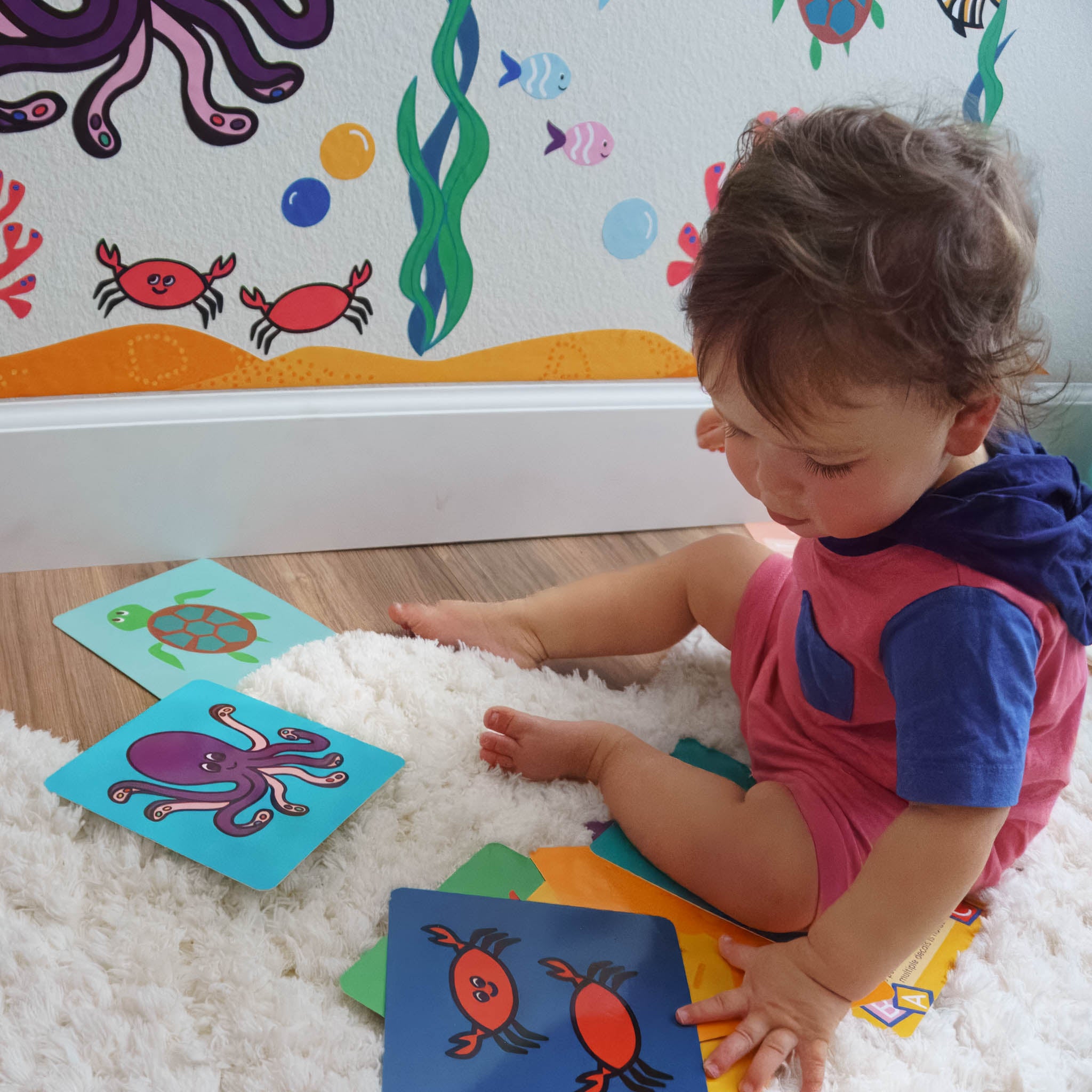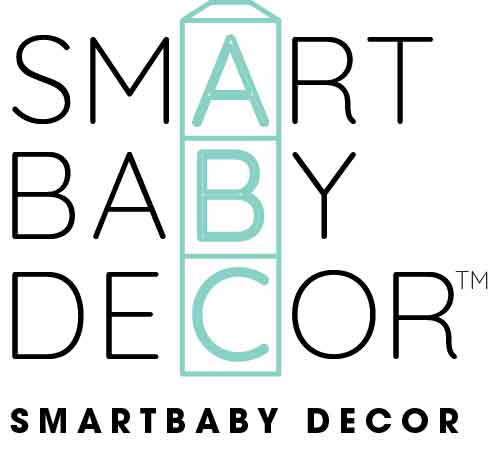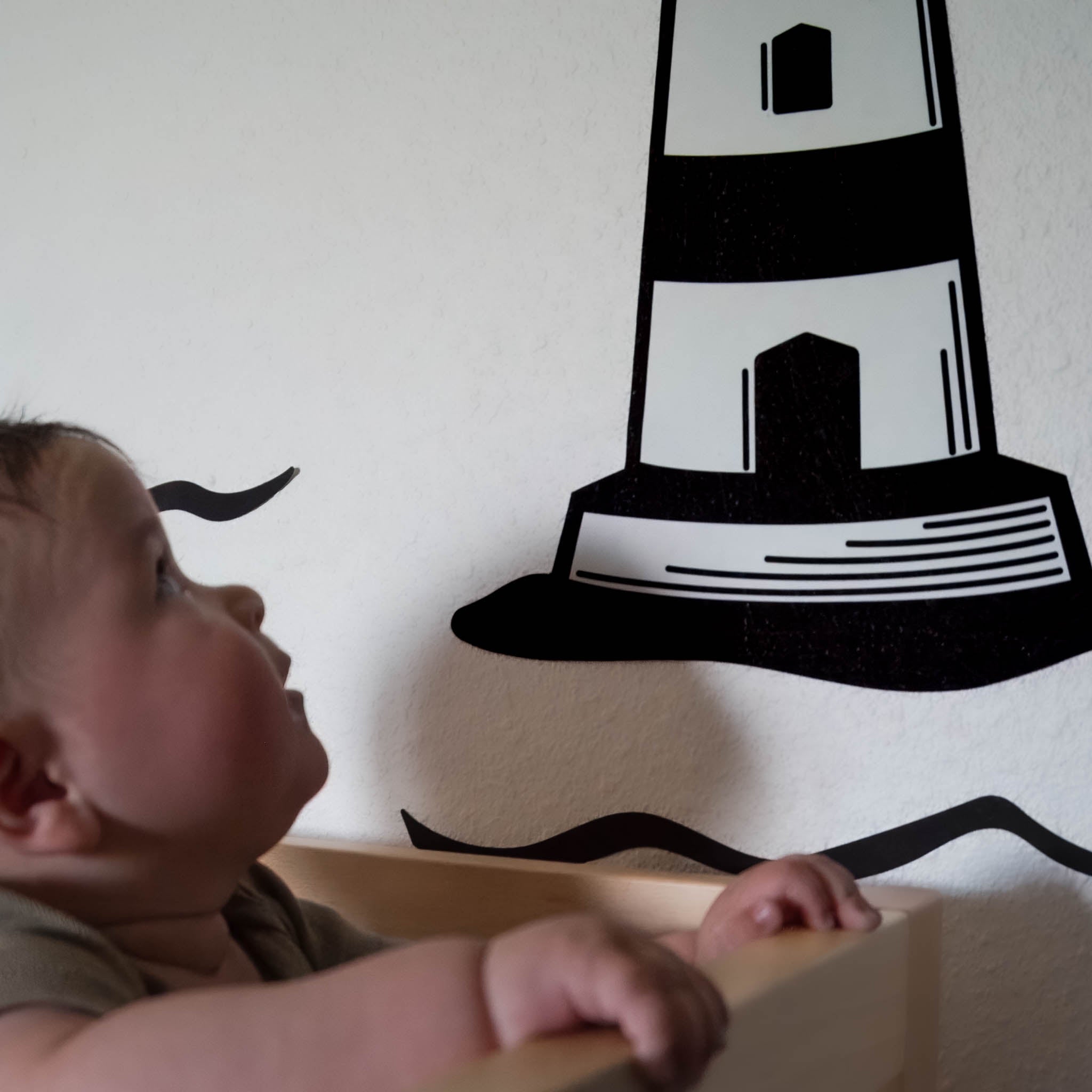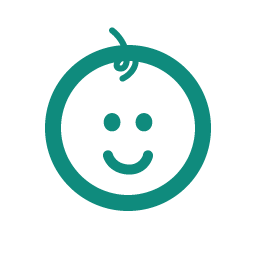Article: Getting To Know Your Baby’s Eyes

Getting To Know Your Baby’s Eyes
Being able to see is an amazing skill we often take for granted. Vision is involved in 80% of learning and is the primary way most people navigate and understand the world around them. Individuals with visual impairments are able to navigate the world relying on different skills in amazing ways, but for most of us, vision is at the forefront of our daily activities. So, what about your baby? How do parents know if this important skill is developing like it should?
Newborn vision basics
All babies are actually born with pretty bad eyesight. They would be classified as legally blind if they had to pass a driver’s test. Luckily, they won’t be getting behind the wheel any time soon! In utero, a baby’s eyeballs, brain, and the pathways connecting the two form, but there isn’t much to practice seeing. Think of it like trying to focus a camera but the cap is still on the lens. Everything is dark! How would you know if something is clear or blurry when there’s nothing to see? Being born is like taking the lens cap off (maybe a little too quickly!). As your brand-new arrival settles in and starts blinking those adorable (although maybe a bit gooey) eyes, the “focusing” begins.
The process of bringing things into focus will take years (not an exaggeration). But a baby’s visual skills will keep pace with what they need to do. They’ll be able to see faces close to them very quickly, because it’s important to their survival. Other skills like coordinating their eyes together and moving them smoothly will take a lot longer to calibrate.
How does vision develop?
Visual skills take a long time to become fully matured. Usually, this process is smooth and children master new skills naturally as they grow and explore. The tricky thing about vision, however, is a child doesn’t know how they should see. When you take a bite of food or stack blocks in front of your child, they can see what they’re supposed to do and mimic and learn from you. This goes for language too! Literally every word they will learn is because they heard you or someone else say it. With vision, you can’t show your child how they should see, and children don’t know if they should be seeing any better than they already do. As a pediatric optometrist, I see kids every day who had no idea the world around them could be clearer than how they were seeing it. While that can be sad to think about, it’s so awesome when they get their first pair of glasses and discover literally everything around them in so much more detail (there are some cute YouTube videos of first reactions to putting glasses on if you want to smile, you won’t be able to resist). It’s also important to note that many eye conditions are not treatable with glasses. Whatever the condition, your eyecare professional will guide you and your child to the right treatment options.
Are my child’s eyes normal?
Vision development is a moving target, and what a newborn is capable of is very different from a 6-month-old, 2-year-old and so on. This makes it difficult for parents to know if their child’s vision is normal and why it’s important to rely on the expertise of healthcare professionals. When a baby is born, as well as at their well-baby checks, their pediatrician will examine their eyes to make sure everything looks healthy. In addition, the American Academy of Optometry and Ophthalmology recommend a baby’s first eye exam should occur between 6 months and a year old to do a little more testing. While it is essential for professionals to check your child routinely, the most common questions I get from parents are “how will I know if there is an issue at home” and “what am I looking out for”? There are many months between visits to the pediatrician and you are with your baby every day, so it’s only natural to want some reassurance that you are looking for the right signs. That’s where I can help!
In this series, I will tackle some of the most common questions and topics about pediatric vision development in a way every parent can understand and apply at home. As a pediatric optometrist, professor of pediatric vision, research scientist, and mom who obsessed over their baby’s eyes (it’s an occupational hazard), I want to give you the knowledge you need to understand your child’s eyes and the power of early detection in case something isn’t right.
Follow us on social media (Facebook, Instagram, Pinterest) if you’re interested in learning about children’s vision and be the first to know when new content drops! If you have any comments or questions, post them below and I’ll be happy to answer. Otherwise, stay tuned for my next post where I answer the question “How do I know if my child can see?”





Leave a comment
This site is protected by hCaptcha and the hCaptcha Privacy Policy and Terms of Service apply.